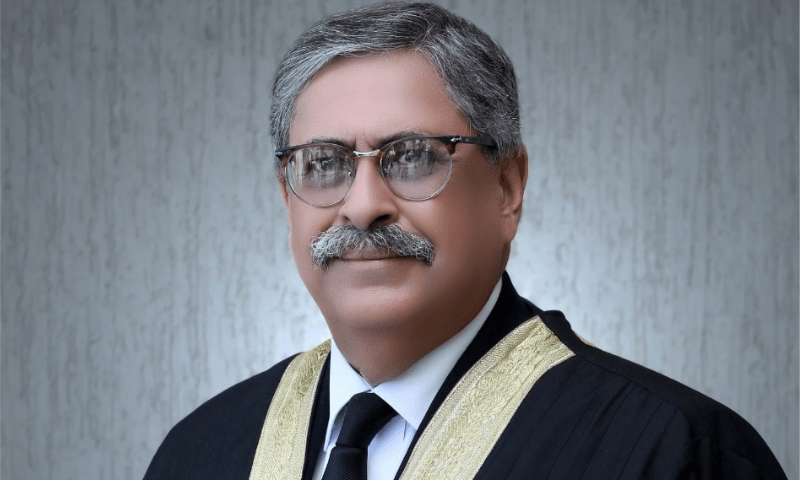In a recent Supreme Court hearing led by Chief Justice Qazi Faez Isa, Justice Athar Minallah emphasized the Election Commission of Pakistan’s misinterpretation of a previous Supreme Court verdict, which had denied the Pakistan Tehreek-e-Insaf its “bat” symbol due to irregularities in intra-party polls.
The context arose during a full-court bench session where the Sunni Ittehad Council challenged the Peshawar High Court’s decision upholding the ECP’s refusal to allocate reserved seats.
During the proceedings, Attorney General Mansoor Usman argued that independent candidates aligning with a political party should be considered part of that party under Article 51 of the Constitution.
However, Justice Minallah underscored the rights of political parties under the same article and criticized the ECP’s exclusion of the SIC from the polls despite votes cast in their favor.
The issue revolves around PTI-backed independent candidates who joined the SIC after winning seats in February elections, seeking reserved seats for minorities and women. The ECP denied these seats to the SIC, citing failure to submit candidate lists on time. The PHC upheld this decision, prompting the SIC’s appeal to the Supreme Court.
Central to the case is the ECP’s contention that the SIC does not qualify for reserved seats due to its exclusion of non-Muslims. The court session highlighted discrepancies in the ECP’s treatment of the SIC as a parliamentary party and its handling of the candidate list deadline.
The outcome of this legal battle holds significance as it impacts the parliamentary composition and representation rights of elected members. The PTI, also involved in the case, seeks to rectify perceived injustices regarding the allocation process for reserved seats.
With the case adjourned until July 9, the Supreme Court’s eventual decision will clarify the application of electoral laws and constitutional provisions regarding party representation and reserved seats in Pakistan’s legislative bodies.


